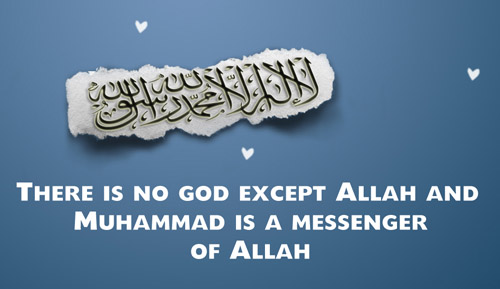Question: My husband always kisses me when he is leaving the house, even if he is leaving to the prayer in the mosque. Sometimes, I feel that he is kissing me in a lustful manner. What is the ruling concerning his ablution in that case?
Answer: Aisha narrated that the Prophet (peace be upon him) kissed one of his wives and then went to pray without making ablution.1 This hadith clarifies the question of touching or kissing a woman: does that nullify ablution or not? The scholars have different opinions on this point.2 Some scholars say that it nullifies ablution in all cases- if one touches a woman it nullifies his ablution in all cases. Some say that if he touches a woman in a lustful way it nullifies ablution; otherwise, it does not. Some others say that it does not invalidate ablution in any case. This last opinion is the strongest opinion. That is, if a man kisses, touches or embraces his wife and he does not ejaculate or release any fluid, then his ablution is not ruined nor is hers. This is because the principle is that his ablution continues to be valid until there is some evidence that it has been nullified. There is no evidence, either in the Quran or the Sunnah, to show that touching a woman invalidates ablution. Based on that, if a person touches a woman even without anything between their skins and even if in a lustful manner or a kiss or hug, all of that does not nullify the ablution. Allah knows best.
-kalamullah.com
Footnote
1. This hadith was recorded by Ahmad, al-Tirmidhi, Abu Dawud, al-Nasal and Ibn Majah. Historically, there has been a great deal of difference of opinion over the authenticity of this hadith. Al-Albani, Shuaib al-Amaut and al-Zailai concluded that it is authentic. See Muhammad Nasir al-Din al-Albani, Sahih Sunan al-Tirmidhi (Riyadh: Maktab al-Tarbiya al-Arabi li-Daul al-Khaleej, 1988), vol. 1, p. 26; Al-Husain al-Baghawi, Sharh alSunnah, Zuhair al-Shawish and Shuaib al-Amaut, eds. (Beirut: al-Maktab al-Islami, 1983), vol. 1, p. 346, fns. 1 and 2.-- JZ
2. One important reason for that difference of opinion is that many scholars do not accept the above hadith as being authentic.-- JZ

No comments:
Post a Comment